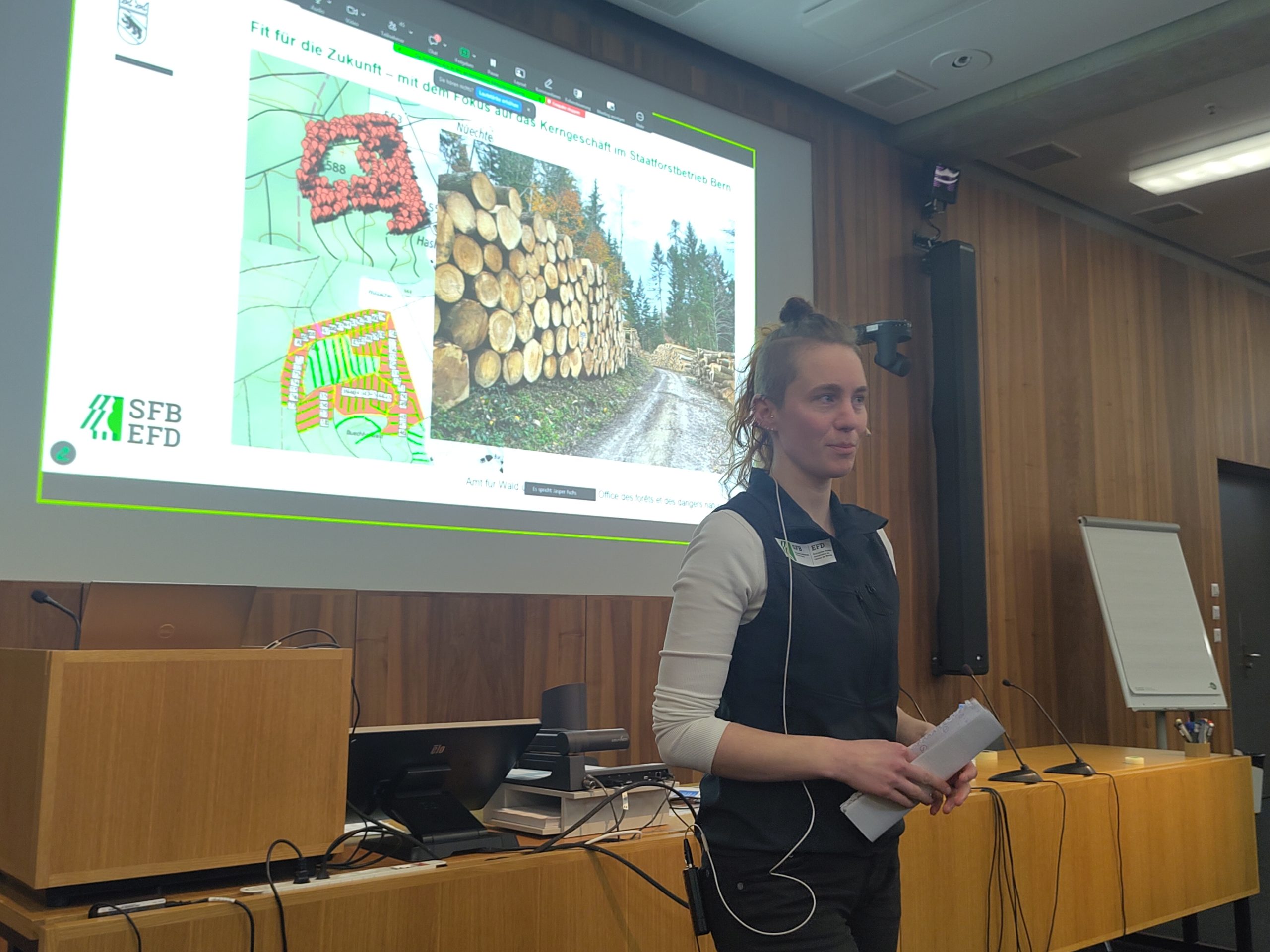How can forest management strategies evolve to meet the challenges of climate change?
Professor Heli Peltola, from the University of Eastern Finland, believes the answer lies in precisionand in paying close attention to the needs of each individual tree.
In a recent video interview, Professor Peltola outlines how adaptive single-tree management can strengthen forest resilience, support multifunctionality, and promote long-term sustainability. The research of our partner University of Eastern Finland focuses on three key areas that are central to this vision:
-
- Principles for adaptive management, aimed at developing forestry practices that are climate-smart, biodiversity-friendly, and resource-efficient.
-
- Tree-level risk assessment, using detailed data on health, growth patterns, and vulnerability to guide more informed decisions.
-
- Optimised strategies, made possible by high-resolution remote sensing technologies that track wood properties, biodiversity indicators, and hazard risks.
This approach is redefining how we think about forest management, offering a future where forestry is not only productive but also highly adaptive in the face of environmental uncertainty.
▶️ Watch the full video


